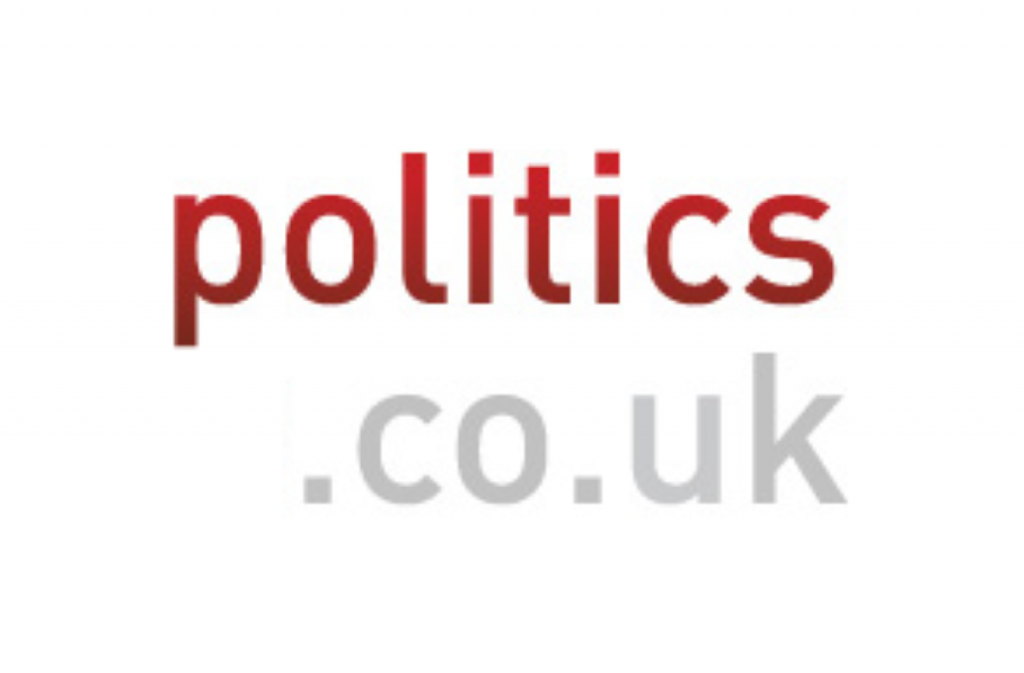Comment: Jan Moir’s piece was ugly, but censorship is the wrong reaction
The judgement in favour of Jan Moir was the best course the PCC could take. But it is not always so intelligent.
By Ian Dunt
The Press Complaints Commission has come to the only sensible conclusion it could on the Jan Moir palaver, by deciding against taking action.
It’s always a relief when the PPC gets something right, because it often gets it so utterly, utterly wrong. For those of us who believe in the self-regulation of the press, it is a distinctly unhelpful organisation. Late last year, for example, it decided not to investigate the phone hacking scandal revealed by the Guardian. That revealed the watchdog to be, in the Guardian’s words, without the “ability, the budget or the procedures to conduct its own investigations”. The allegations were well-enough documented to merit investigation and the issues raised were fundamentally important to journalistic ethics. The decision not to investigate was really an extra scandal on top of the original.


But occasionally it does get it just right. Jan Moir is a case in point. I read the piece at the time. I wrote nasty things about it on Twitter. It was, after all, basically a nasty thing. Just days after the funeral of Boyzone star Stephen Gately, she appeared to suggest his premature death was linked to his homosexuality. But it seems plain that the judgement reached by the PCC, that ruling against the piece would represent a “slide towards censorship”, is entirely correct and appropriate.
It reached the same judgement in a similar case recently, brought once again against the Daily Mail, this time by Tory blogger Iain Dale. “Isn’t it charming how homosexuals rally like-minded chaps to their cause?” the paper said of him.
Both were unpleasant pieces, although Moir’s much more so. But those of us who find this sort of insinuation and innuendo unappealing should be cautious before bringing in the authorities. Within weeks of the Jan Moir article, A.A. Gill wrote a piece about killing a baboon on a safari. “I wanted to get a sense of what it might be like to kill someone, a stranger,” Gill wrote. I didn’t really like this either, I’m not a huge fan of hunters. But there is an important, gaping distinction between Gill and Moir. Gill is tongue-in-cheek. Presumably, he really did kill that baboon. But his approach to writing is cheeky and naughty and consciously controversial. Moir was merely expressing her opinion. The fact that Twitter went after someone who takes this disjointed, detached, darkly humorous view of life was extremely worrying. Free-thinkers and libertines are the greatest gifts this country has to offer the world – our real contribution to civilisation. This is because we are not naturally a country which tries to shut them up, and it would be unfortunate if we decided otherwise
Twitter appears to have revealed the left’s censorious impulses. This is relatively rare. It’s traditionally the right in British society which demands censorship. Take, for instance, the laughable decision to ban Gerry Adam’s voice, or the bizarre and, ironically, childlike campaign against ‘video nasties’ in the 80s, most of which are enjoyable and harmless affairs.
Twitter’s first big campaign was against Trafigura. It was principled and brilliant. The second was against Moir. It was justified, but its potential ramifications were troubling. The attack against Gill showed a slide into authoritarianism and thought crime.
On these issues the PCC tends to behave appropriately. But then, these are issues when it is right to defend the press. Controversy and stupidity must be protected, they are invariable aspects of politics. But when it should be taking on the might and the ethics of the media, it is a toothless beast.
We are currently going through the most important period for the media since the printing press was invented. Newspaper circulation is dying, and their online operations have yet to find a way to make money. In one of Twitter’s futures, citizen journalists and interested member of the public will contribute to the public debate, and to public knowledge, in a way which could change politics forever. It will be liberating and it will alter history. In another, it slips into pedantry and judgementalism – a leftie version of Mary Whitehouse.
The PCC’s existence is a protection against government regulation of the media, which must surely be considered untenable by anyone who understands the need to limit executive power. In one of its futures, it gains the funding and the nerve to take on the more bestial and unethical habits of the media. In another, it remains weak and pitiful, and the nightmare scenario of government regulation over the fourth estate comes one step closer.
Twitter and the PCC. Two critical actors in the new world order. Let’s hope they live up to their newfound responsibilities.
The views express in politics.co.uk’s comment pages are not necessarily those of the website or its owners.

